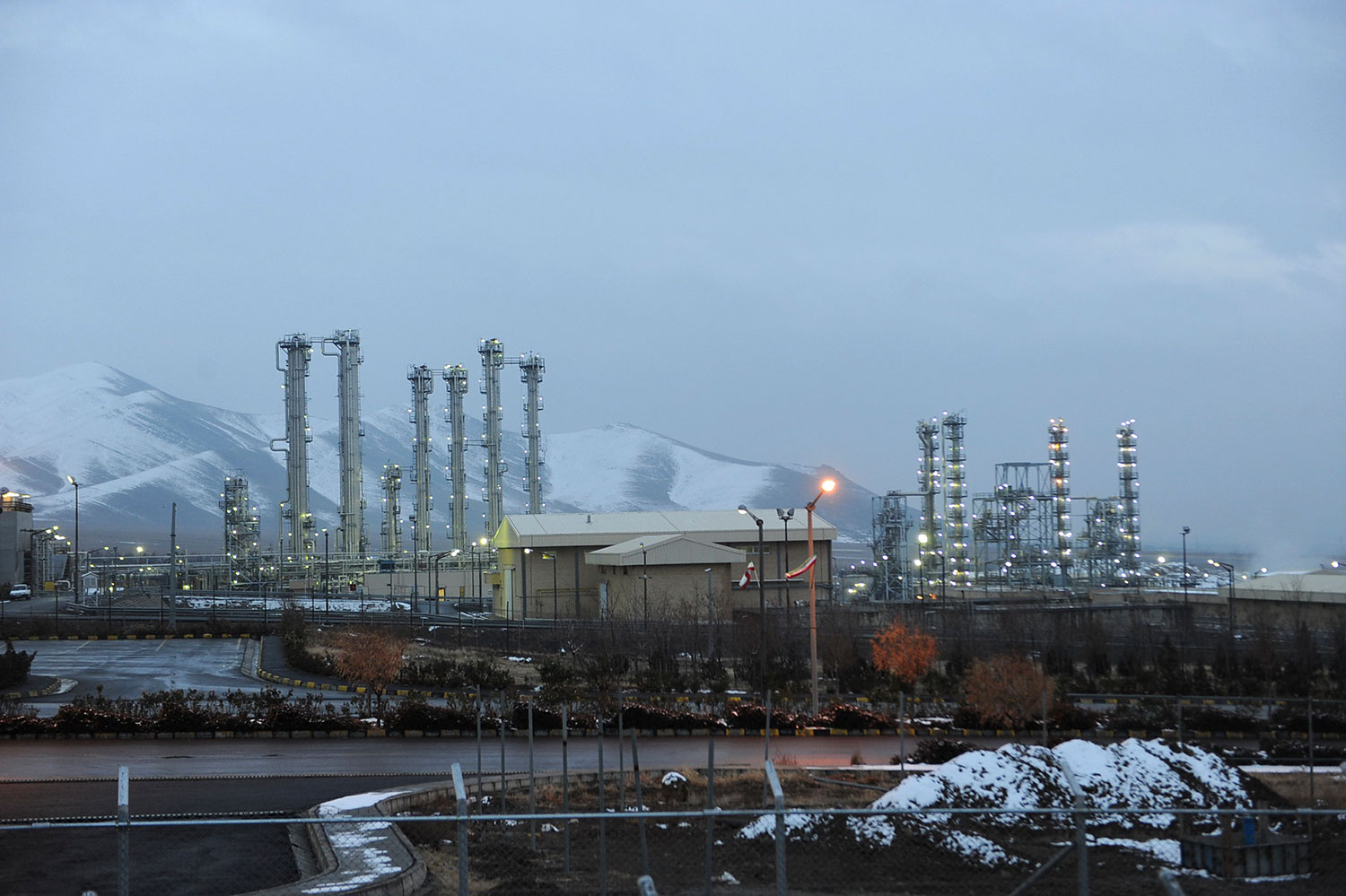
Iran is willing to make changes to the nuclear reactor it is building near the city of Arak, 180 miles southwest of Tehran, that would make it more difficult to produce fuel for a nuclear weapon, the head of Iran’s nuclear agency said Thursday. The unexpected announcement, made in an interview with a state television channel, apparently signaled the first major concession from Iran on its nuclear program, and appeared to come outside the give-and-take of formal negotiations on the subject with the United States and other world powers.
Ali Akbar Salehi, head of the Atomic Energy Organization, emphasized to Press TV that Iran’s nuclear ambitions were peaceful, but acknowledged there were “valid questions” over why Iran was pursuing two technologies that could produce nuclear weapons. One part of Iran’s program involves enriching uranium – spinning it in centrifuges to render it suitable for producing power or, if enriched to a much higher level, to fuel a nuclear weapon. At the same time, in Arak, Iran is nearing completion of a “heavy water” reactor. Heavy water is an expensive, denser water (thanks to the presence of of the hydrogen isotope deuterium) used to moderate the atomic reaction in the plant’s core, a process that produces a substantial amount of plutonium, which once removed can also fuel a bomb.
Salehi indicated Iran was prepared to heed calls to substitute ordinary or “light” water in the Arak reactor, significantly reducing its potential for military use. “Here we can do some design change,” Salehi said, “in other words make some change in the design in order to produce less plutonium in this reactor and in this way allay the worries and mitigate the concerns.”
The modification would be the first permanent scaling back of Iran’s nuclear program. All Iran’s concessions in the interim agreement with the United States and five other world powers, announced Nov. 24 in Geneva, were temporary and easily reversed. The Geneva agreement was meant to freeze Iran’s program for at least six months while negotiations aimed at a permanent pact went forward.
“Politically, it’s quite significant, because the world has been worrying about Iran going on the parallel track to a nuclear weapon, which is the plutonium track,” says Ephraim Asculai, a former official in Israel’s nuclear agency and senior research fellow at the Institute for National Security Studies at Tel Aviv University. “The issue of making Arak a light water reactor has been raised before. This is the first time I’ve heard that they’re considering it.”
Both Salehi and Asculai separately pointed out that a light water reactor also produces plutonium (the Iraqi reactor that Iran bombed in 1980 and Israel bombed in 1981 used light water). But experts say plutonium from a light water reactor is much less accessible for use in a weapon than from a heavy water plant. “Technically, getting the plutonium out of the fuel is not that easy,” says Asculai.
Though it came as a surprise, Iran’s announcement of a likely shift to using light water may have been in the works for some time. In May 2013, Iran informed the U.N.’s International Atomic Energy Agency that it planned to use ordinary water in tests at the Arak facility, mystifying nuclear experts who said even a tiny amount of light water would contaminate the system designed for heavy water. The plan prompted speculation that Iran might be planning to take the Arak reactor online ahead of schedule, thwarting any potential military strike. In light of Salehi’s interview, it now appears at least as possible that Iran’s technicians were simply implementing a change its politicians are only now revealing.
More Must-Reads From TIME
- The 100 Most Influential People of 2024
- The Revolution of Yulia Navalnaya
- 6 Compliments That Land Every Time
- What's the Deal With the Bitcoin Halving?
- If You're Dating Right Now , You're Brave: Column
- The AI That Could Heal a Divided Internet
- Fallout Is a Brilliant Model for the Future of Video Game Adaptations
- Want Weekly Recs on What to Watch, Read, and More? Sign Up for Worth Your Time
Contact us at letters@time.com